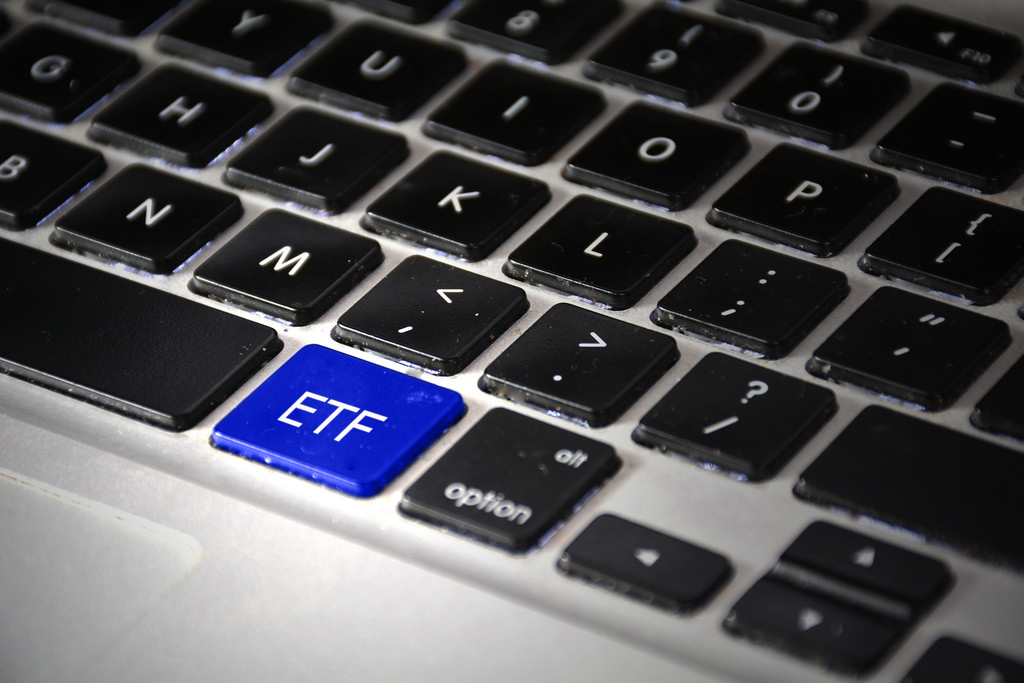Schedule 13D/13F Clarity on ETF Issues
Do I need to file a 13D or 13G if my client accounts hold in excess of 5% of an ETF?
Generally, no. The SEC has granted no-action relief to ETFs with respect to compliance with Section 13(d) of the Securities Exchange Act. Section 13(d) was designed to require disclosure when holders begin to accumulate large blocks of equity securities of publicly held companies. Generally, under Section 13(d), any person who indirectly or directly becomes the beneficial owner of more than 5% of an issuer’s equity securities registered under Section 12 of the Exchange Act must file with the SEC a Schedule 13D within 10 days after the acquisition. A person may generally file a short‐form statement on Schedule 13G in lieu of a Schedule 13D if the filer meets certain qualifications including being a “passive investor.”
Since ETFs are structured as open-ended funds, with market makers able to create and redeem shares to satisfy market demand, the value of the shares does not materially differ from the value of the per share NAV of the Fund. The SEC’s view is that so long as there is not a material difference between the actual market price of ETFs and the NAV of the shares, there is no ability to exploit inside information. However, the SEC did state that IF ETFs begin to trade at prices that material deviate from NAV, then the relief available in the No-Action letters would no longer be available.
As stated in the SEC’s Select Sector SPDR Trust No-Action Letter dated May 6, 1999, “An Insider of an open-end fund generally would not be able to exploit inside information by buying or selling shares of the fund on the basis of an anticipated change in the shares’ value because an open-end fund is required to price its shares, and effect redemptions and sales of its shares, at NAV.”
As stated in the SEC’s PDR Services Corporation No-Action Letter publicly available December 14, 1998 and referenced within the previous no-action letter: “In reaching this position, we note particularly your representation that each Fund’s Shares have traded and will continue to trade at prices that do not material deviate from NAV. If any funds’ Shares begin to trade at prices that material deviate from ANV, the relief granted in this letter would no longer be available.”



